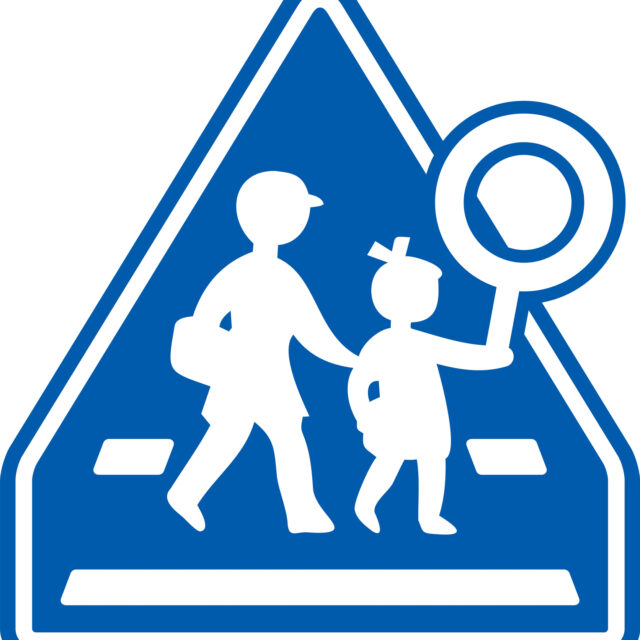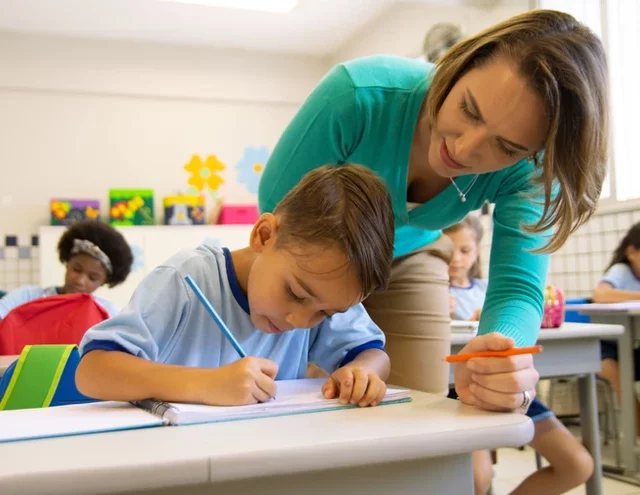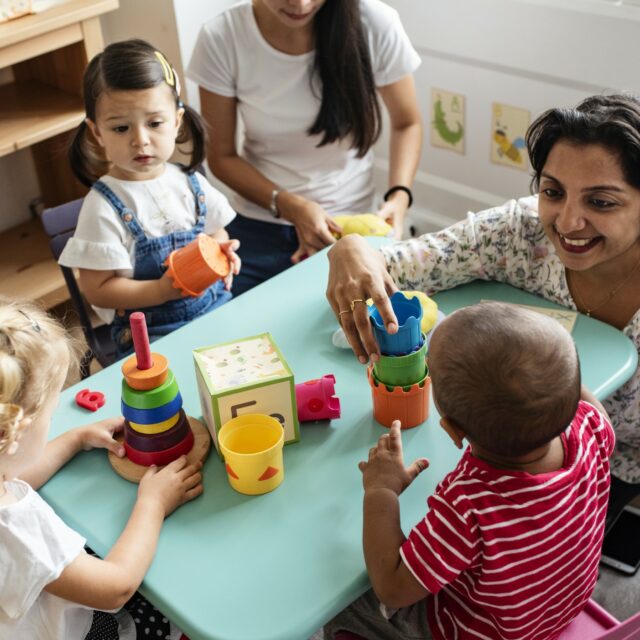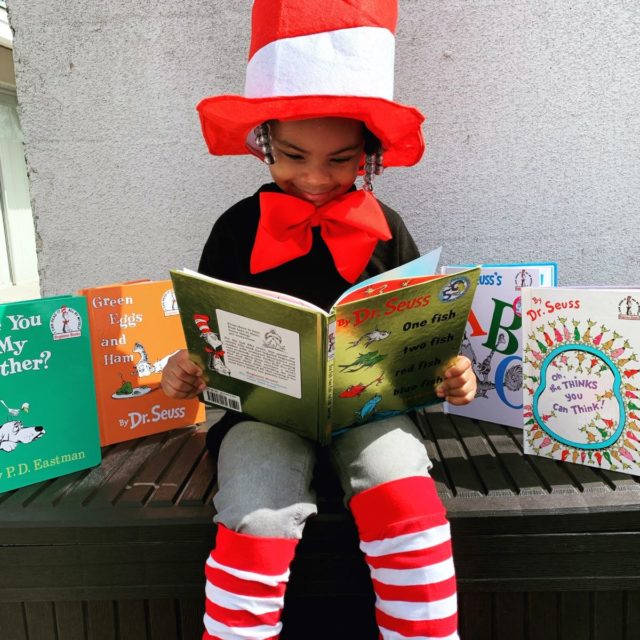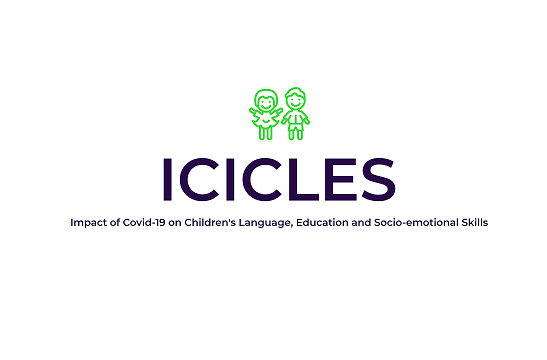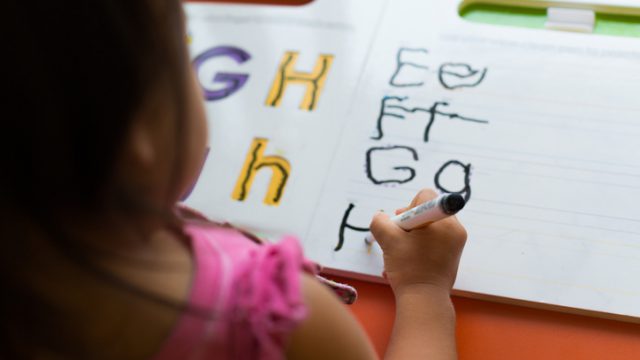The case for supporting high quality home learning environments made stronger by COVID-19
In the wake of Covid-19 related nursery and school closures, the quality of the home learning environment is more important than ever. We know that very young children depend on high quality interaction to support their cognitive, language, social and emotional development and the current crisis only serves to emphasise the need for good quality programmes that support families in providing the best start for their children.
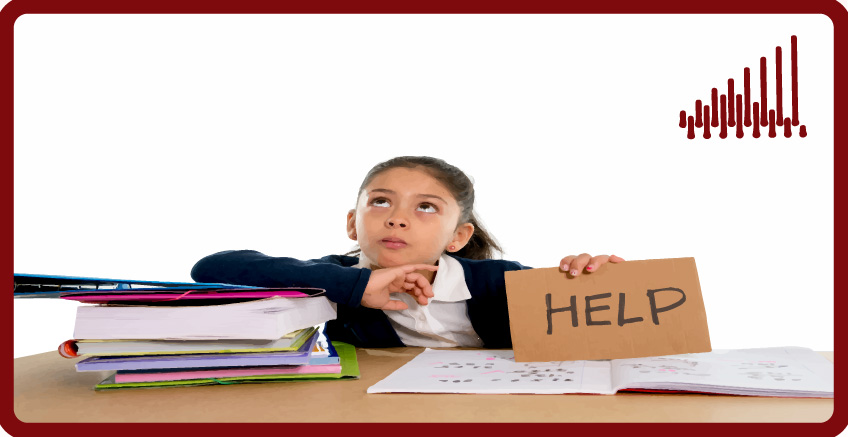
In the wake of Covid-19 related nursery and school closures, the quality of the home learning environment is more important than ever. We know that very young children depend on high quality interaction to support their cognitive, language, social and emotional development and the current crisis only serves to emphasise the need for good quality programmes that support families in providing the best start for their children. The Better Start Bradford project has been working to provide such services to some of the most vulnerable families in the Bradford area for the past five years. Our work on language and communication will be vital to understanding the best way to support families as we move ahead. This crisis may well mean that many vulnerable children fall further behind in their language development and we need to ensure we do all we can to mitigate this risk.
In recent years there has been a growing concern about the number of children starting school with material language gaps, particularly children in areas of social disadvantage. In 2008, the Bercow Review suggested that approximately 50% of children from socially disadvantaged backgrounds had speech and language skills below that expected for their age. That report called for a significant strengthening of the policies and provisions around speech, language and communication needs. Ten years later a second review showed that the current approach to supporting children with speech, language and communication needs still fell short and clear recommendations were made. Since then the government has done much to address this issue, including launching the Hungry Little Minds campaign to support families in getting children ready for school, but there is still a lot of work to be done.
We cannot overestimate the impact of poor language skills on the individual child. We know that there is an increased risk of poor educational, employment and social outcomes, and an increased risk for contact with the criminal justice system, for children with poorly developed language skills. Evidence from the Royal College of Speech and Language Therapists suggests that over 60% of young offenders have speech, language and communication needs. In 2017, the Early Intervention Foundation (EIF) called for children’s language development to be considered a public health issue and drew particular attention to the importance of the home learning environment. Importantly, the report suggested that simply providing families with increased access to resources was unlikely to have a significant impact. More important was the need to support high quality parent child interactions. What is less clear is how to do this effectively. Both Bercow and the EIF emphasised the need for early identification and intervention, as well as evidence-based programmes to ensure families receive the best support available.
The work in Bradford, for instance, is designed to address these issues. Many of the services are offered by a local charity, BHT Early Education and Training (BHT). Since 2015, all children aged 2 years have been assessed in the home by BHT language development workers, and families offered one-to-one support if they are thought to need additional input around children’s language and communication needs.
Currently, over 3500 families have been seen, 35% of whom have been offered additional support. Approximately one quarter of all families did not speak English as their first or main language, emphasising the need for contextually appropriate approaches to support. Since October 2016, all families with newborns have been invited to sign up for a book gifting scheme, with over 3000 families receiving a book through the door every month until the child is four years of age, and wrap around services have been running to complement the increased access to books by helping families use these resources effectively. In addition, all early years’ settings in the area are receiving continuing professional development to support children’s language and communication needs, including training in how to support parents to engage in high quality interactions with their children. As a result of the lockdown many of these face to face services have been suspended, but the team are continuing to offer support through telephone contact, and online story sessions for example. The impact of these activities will be explored as the crisis progresses.
In line with the recommendations from the EIF, we are carrying out evaluations of these programmes using a range of methods, from testing the logic model to a feasibility study of the home visiting programme. Our ground-breaking experimental birth cohort (BiBBS) enables us to do effectiveness evaluations of these interventions in the longer-term using a range of methods.
The information we gain from these evaluations will help to inform services both in Bradford and across the UK: we can use the experience from Better Start Bradford to help commissioners, service providers and academics to work collaboratively, producing evidence-based programmes that balance scientific rigour with the practicalities of providing a service, taking account of the community context. We are also planning workshops across the country to disseminate our work and to build up a network of professionals who can share good practice around language and communication. These workshops will be an opportunity to share the findings from our feasibility study, and to discuss how we responded to the challenges faced in carrying out a real-world evaluation.
As a result of the current crisis, some children may not be receiving the support they need to develop adequate language and communication skills. The evaluation processes we have in place will allow us to change our focus and start to look at the immediate and long-term impact of the UKs Covid-19 response on these vulnerable families, as well as the best ways to intervene immediately, and in the longer-term, to reduce this impact. Moving forward, those of us in the field of early language development; researchers, practitioners, commissioners and policy makers alike, need to ensure that we are putting the needs of these children high on our agenda.

